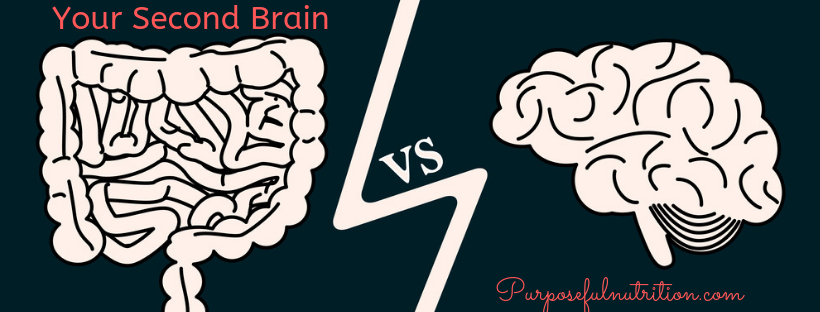This post may contain affiliate links which won’t change your price but will share some commission.

Most people think of bacteria within the body as a cause of getting sick or developing certain diseases, but the reality is that at all times there are billions of beneficial bacteria within all of us. Bacteria make up our gut microbiome, an internal ecosystem that benefits our gut health and the immune system.
Each of us has a unique gut microbiome. The microbiome is defined as a “community of microbes.” And the majority of the bacterial species that make up our microbiome live in our digestive system. According to the Department of Chemistry & Biochemistry at the University of Colorado, “the human microbiota consists of the 10–100 trillion symbiotic microbial cells harbored by each person, primarily bacteria in the gut. The human ‘microbiome’ consists of the genes these cells harbor.”
The scientific community recognizes the important role that bacteria have in supporting a strong immune system. And that some bacteria are vital for boosting immunity, keeping our digestive systems running smoothly, our hormone levels balanced and our brains working properly.
This leads us to our Second Brain.
If you have ever “gone with your gut” to make a decision or felt “butterflies in your stomach” when nervous, you’re likely getting signals from an unexpected source: your second brain.
Hidden in the walls of the digestive system, this “brain in your gut” is having a major impact on the field of medicine and the understanding of the links between digestion, mood, health and even the way you think.
Scientists call this “second brain” the enteric nervous system (ENS). It is two layers of more than 100 million nerve cells lining your entire gastrointestinal tract – from the esophagus to the rectum.
As explained by Jay Pasricha, M.D., director of the Johns Hopkins Center for Neurogatroenterology, whose research on the enteric nervous system is respected internationally, “The ENS doesn’t seem capable of thoughts as we know it, but it communicates back and forth with our big brain – with profound results. Its main role is controlling digestion, from swallowing to the release of enzymes that break down food to the control of blood flow that helps with nutrient absorption to elimination.”
The important piece of information at this point is that the ENS has a direct effect on our emotional and mental well-being. It was once thought that our emotions such as anxiety and depression were the contributing factors to various gut problems. But the researchers today are finding evidence that irritation in the gastrointestinal system is sending signals to the central nervous system (CNS) and that is what is triggering mood changes and swinging emotional levels.
Why is this important?
When we know the cause of a problem we can then work to fix or heal or cure the cause. Understanding that our gut health is vital to our brain health means that we can be a part of the solution to our emotional and mental challenges. This doesn’t mean that eating certain foods will prevent us from being angry. What it does mean is that if our mood swings are wide or we suffer more than just ‘the blues’ and actually experience depression, we can be a part of the solution by changing our eating habits and reducing the stress in our lives to take care of our gut, which in turn will take care of our mental and emotional health.
If you want to work on your gut health, you can sign up for my 6 lesson video course on gut health or you can do a discovery call with me to see if one on one health coaching is right for you.

Leave a Reply